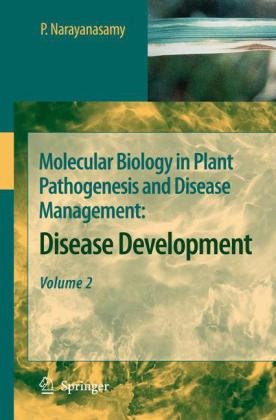

Most ebook files are in PDF format, so you can easily read them using various software such as Foxit Reader or directly on the Google Chrome browser.
Some ebook files are released by publishers in other formats such as .awz, .mobi, .epub, .fb2, etc. You may need to install specific software to read these formats on mobile/PC, such as Calibre.
Please read the tutorial at this link: https://ebookbell.com/faq
We offer FREE conversion to the popular formats you request; however, this may take some time. Therefore, right after payment, please email us, and we will try to provide the service as quickly as possible.
For some exceptional file formats or broken links (if any), please refrain from opening any disputes. Instead, email us first, and we will try to assist within a maximum of 6 hours.
EbookBell Team

4.0
86 reviewsStudies on the phenomenon of plant pathogenesis (disease development) have been useful to have a deep insight into the interactions between host plant and the pathogen. Depending on the levels of susceptibility (compatibility) or resistance (incompatibility) of the host plant and virulence of the pathogen, disease development may progress, either leading to symptom expression or result in the suppression of pathogen proliferation. Molecular techniques have been applied to elucidate the nature of interactions between the gene products of the plant and pathogen at cellular and molecular levels. Successful evasion of host s surveillance system and subsequent activities of metabolites of the pathogen (enzymes and toxins) encoded by pathogen genes counteracting the effects of various defense-related antimicrobial compounds present already or produced by the host plants, after initiation of infection have been critically studied by applying various molecular techniques. In addition to studying various phases of disease development in individual plants, molecular methods have been demonstrated to be effective, in gathering data on various aspects of epidemiology under natural conditions where the interaction of pathogen with populations of plants is influenced significantly by the environmental conditions existing in different ecosystems. This volume focuses on the possibility of applying the knowledge on pathogenesis and molecular epidemiology to determine the vulnerable stages in the life cycles of the pathogens that can be disrupted to achieve more effective disease control.